Clifford Bohm
Rethinking Self-Replication: Detecting Distributed Selfhood in the Outlier Cellular Automaton
Aug 11, 2025Abstract:Spontaneous self-replication in cellular automata has long been considered rare, with most known examples requiring careful design or artificial initialization. In this paper, we present formal, causal evidence that such replication can emerge unassisted -- and that it can do so in a distributed, multi-component form. Building on prior work identifying complex dynamics in the Outlier rule, we introduce a data-driven framework that reconstructs the full causal ancestry of patterns in a deterministic cellular automaton. This allows us to rigorously identify self-replicating structures via explicit causal lineages. Our results show definitively that self-replicators in the Outlier CA are not only spontaneous and robust, but are also often composed of multiple disjoint clusters working in coordination, raising questions about some conventional notions of individuality and replication in artificial life systems.
Fragmentation; a Tool for Finding Information, Encryption and Data Flow in Systems
May 28, 2021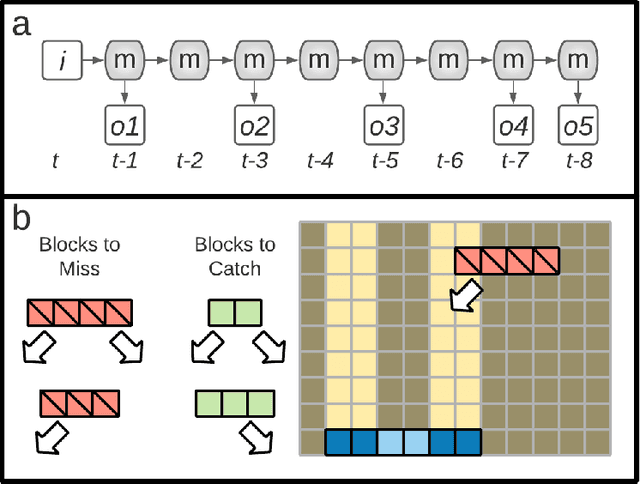
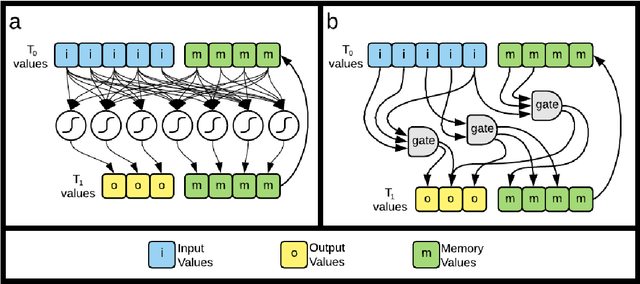
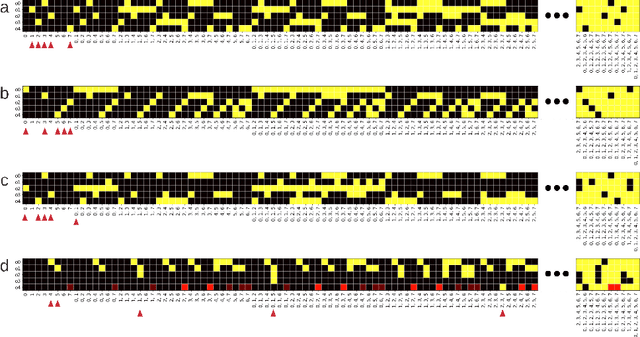
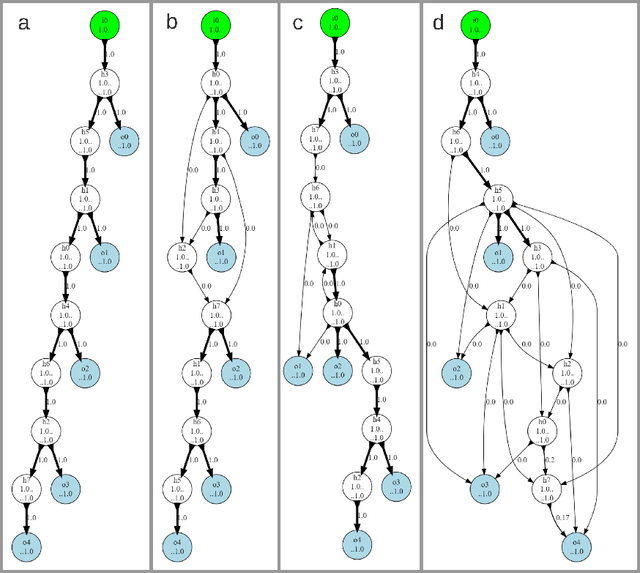
Abstract:We introduce a new information-theoretic measure, fragmentation (F) which can be used to determine how fragmented predictive information is in a system. The concept can be extended to generate fragmentation matrices that can illustrate information flows through digital brains, in the form of directed graphs. Fragmentation and fragmentation matrices can provide new insights into digital brains structure and function, in other words, how causal digital networks "think" and process information. In addition to describing F we demonstrate how it can be used to examine how complex processing arises in neural networks, including differences in lifetime processing and incidents of incidental encryption.
Markov Brains: A Technical Introduction
Sep 17, 2017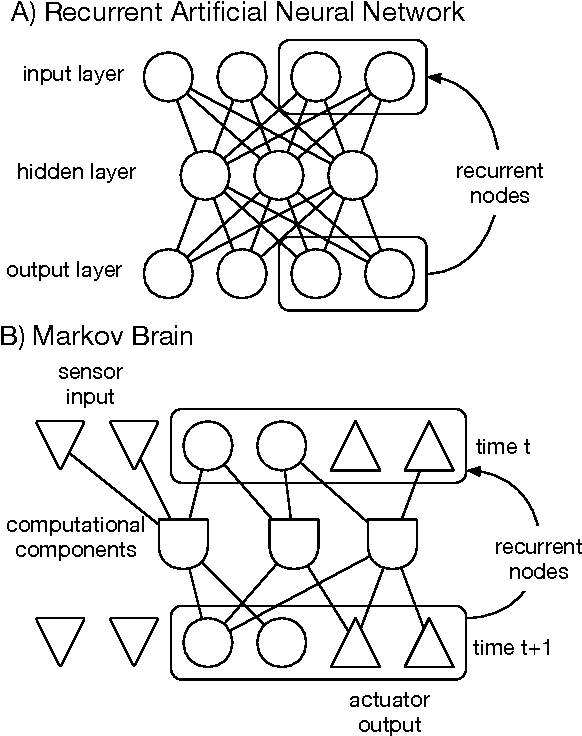
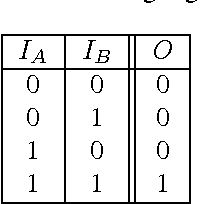
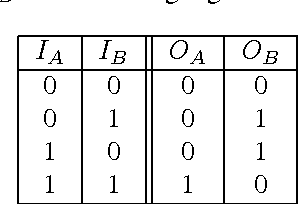

Abstract:Markov Brains are a class of evolvable artificial neural networks (ANN). They differ from conventional ANNs in many aspects, but the key difference is that instead of a layered architecture, with each node performing the same function, Markov Brains are networks built from individual computational components. These computational components interact with each other, receive inputs from sensors, and control motor outputs. The function of the computational components, their connections to each other, as well as connections to sensors and motors are all subject to evolutionary optimization. Here we describe in detail how a Markov Brain works, what techniques can be used to study them, and how they can be evolved.
 Add to Chrome
Add to Chrome Add to Firefox
Add to Firefox Add to Edge
Add to Edge